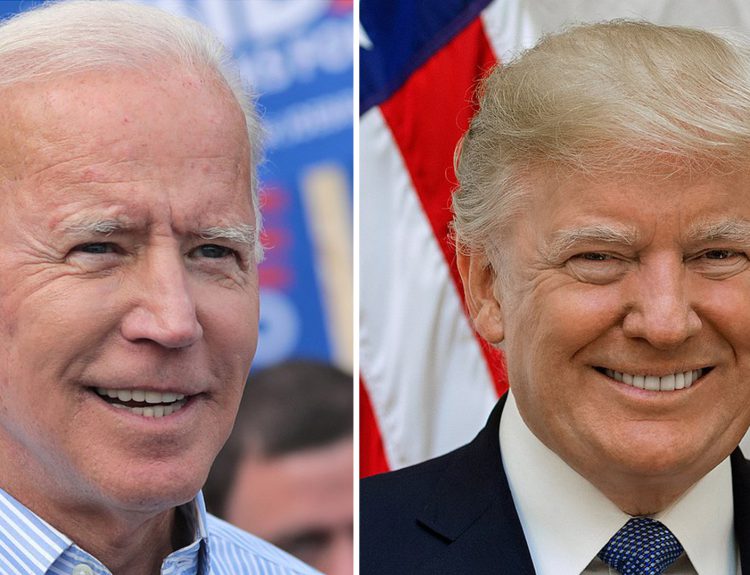Election years are always a shakeup for American politics, even when they’re not presidential election years. This election season is looking to be a particularly influential one, and not just because of the fact that it’s looking like the American people are going to be, again, faced with the choice of voting for either Donald Trump or Joe Biden for president.
Small Elections Are Important, Too
Smaller elections are the ones that often have more influence when it comes to what happens in the United States. The presidential election is very flashy and gets a lot of money poured into ads and campaign events, but the races for Representatives and Senators – both state and federal – are equally, if not more important.

This is because, while the President does have a great deal of power in the United States, he is not a king. The majority of legislating power has been allocated to the legislative branch of Congress, the House of Representatives and the Senate, and these individuals are the ones who are crafting law that affects everyday Americans.
The House Will Likely Flip
The House of Representatives will be an interesting race to watch this year. The Republicans took back a narrow majority during the midterm elections of 2022, and Congress has been full of chaos ever since. The Republicans have voted in two separate Speakers of the House, and very little major legislation has passed.

Because of the chaos that has been permeating the house, there are many who believe that the House of Representatives is ripe for a Democratic flip during the 2024 election season. Between the ineffectiveness of Mike Johnson as Speaker of the House and the scandal that has hit the GOP from former members like George Santos, it’s appearing more and more likely that their hold on the House is weak.
The Senate is Another Story
Flipping the House, while important, wouldn’t be a monumental shift of power, though. The United States House of Representatives is structured in such a way to allow for more flexible transitions of power, with Representatives only holding term for two years before they need to be reelected by their districts.

The United States Senate is an entirely different story, though. Federal senators serve terms of six years, meaning that their tenure of power is significantly longer than their Representative companions. It also means that, in order to hold onto power, senators have to survive fewer elections.
Slower Transitions in the Senate
Because of this longer tenure of electability, the transition of power in the Senate is often much slower. Many of the senior members of the Senate have held their position for decades, and have become very familiar with how the Senate and federal government works.
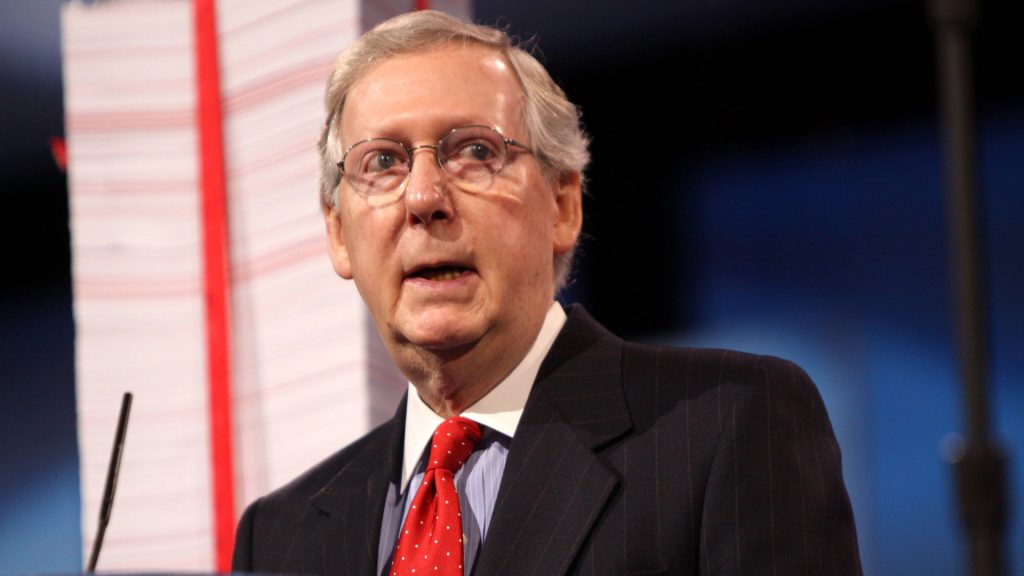
This, among other things, is why it’s surprising when there’s a clear shift of power, regardless of which party it comes from. This coming election season is looking to be an interesting one in Congress for several reasons, most of which center on the GOP.
GOP Senators Retiring
First, several GOP senators have announced that they will be stepping down from their positions and will not be running for reelection. One notable senator who announced his retirement is Mitt Romney from Utah, who was first elected to the Senate in 2018.

Romney’s retirement is notable for several reasons. First, he’s only served one term as Senator, making him one of the more junior members of the GOP caucus. But more importantly, he’s one of the few moderate senators who has been open in his opposition to presidential-hopeful Donald Trump. Many political pundits believe that his retirement marks a shift away from moderate conservatism in the party further to the right.
Other Types of Transition
Power transitions don’t come only in the form of retirements, though. Several other senators have also announced that they’re stepping down from their positions this coming year, but more significant news came from Senate Minority Leader Mitch McConnell this past week.

McConnell announced that he will be stepping down from Senate leadership ahead of the 2024 election this fall, though he did not state that he was going to be retiring from his position. McConnell holds the record for the longest-serving Senate leader in history, and him taking a step back from the powerful leadership is notable, even without him retiring.
Representatives Stepping Aside, Too
The Senate is not the only branch of government that has seen a shakeup in recent weeks and months, either. Several conservative representatives have also announced that they won’t be running for reelection, setting the GOP up for a significant battle to try and hold onto their very slim majority.

One GOP rep who has announced his retirement, Ken Buck, did so last November after the debacle of electing the second Speaker of the House. When asked as to why he was retiring, Buck was blunt and to the point.
“The World Has Changed”
In an interview on Newsnation’s “The Hill Sunday,” Buck stated that it had been an honor to serve the United States as a representative, and while his goals for the country have not changed, the world around him that he wants to affect change in, had.
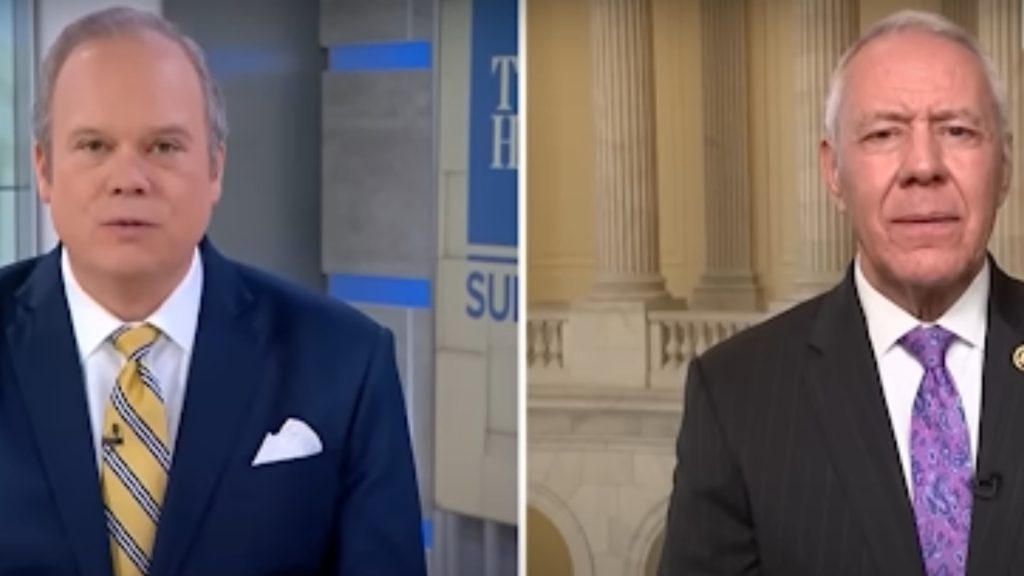
“We’ve gone from a time when the Tea party stood for conservative principles, for constitutional principles, to a time where the populists have taken over the Republican Party and are really advocating things that I believe are very dangerous,” he told host Chris Stirewalt.
Specific Reasons Behind Retirement
When asked about the specific reasons behind his decision to leave Congress, Buck stated that there were several factors that had led him to make that decision. Surprisingly, none of them had anything to do with his view of his own electability.
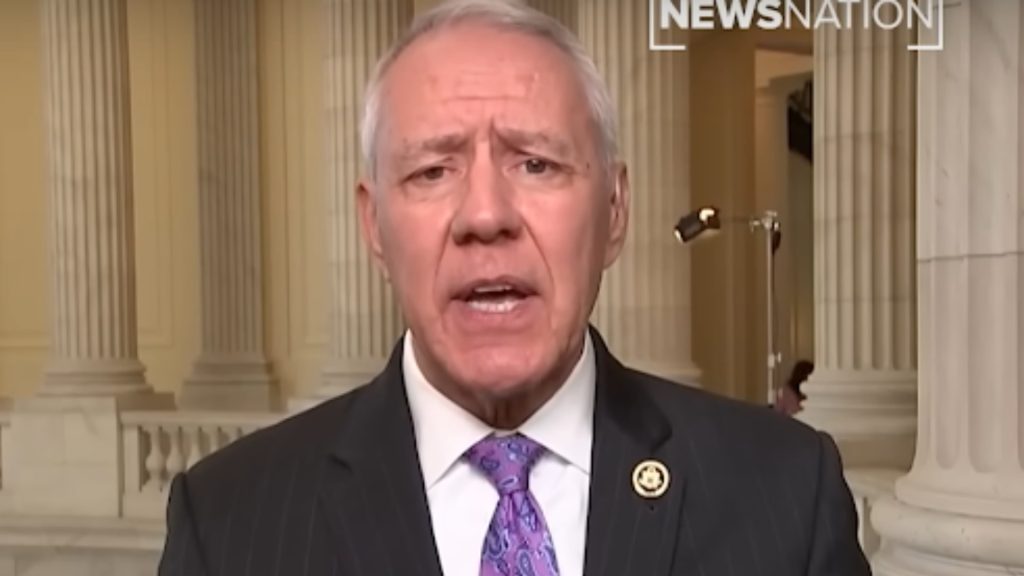
“The MAGA crowd ran a primary against me last time. I won 75-25. I’m not concerned about a primary, I’m not concerned about losing a general election. You know, the time is right. I’m at a point in my life where I want to do different things. I want to enjoy my family more, I want to do less business travel and more recreational travel,” he explained.
Similar to Other Moderates
This reasoning is very similar to Mitt Romney’s reasoning behind stepping down from the Senate this coming year, as well. Romney stated that he was stepping aside to spend more time with his family, and that he personally believed that he was too old to continue in politics and that it was time for the next generation to take over.
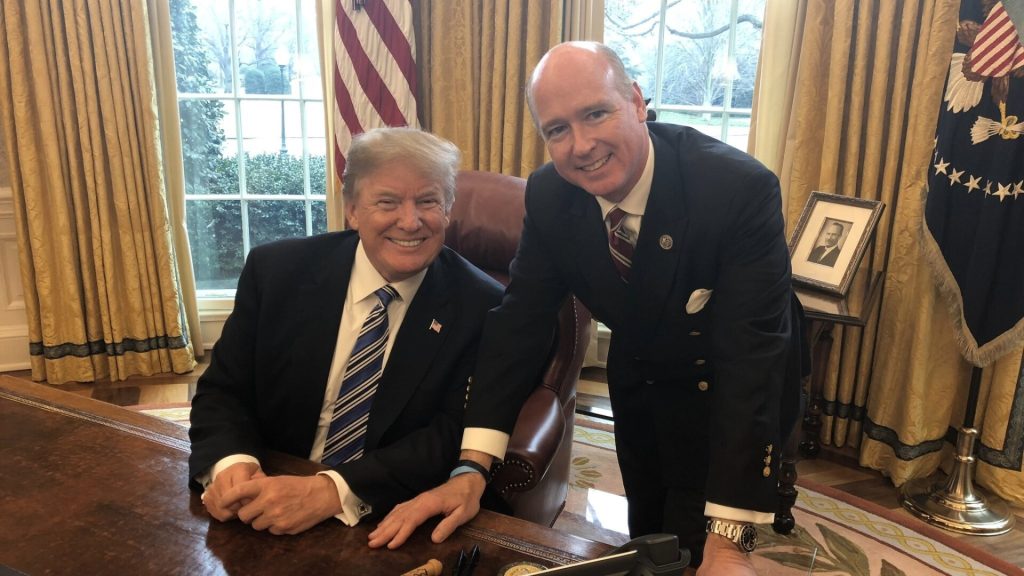
For Buck, though, beyond the work-life balance improvement that will come from stepping away from Congress, there’s a more important reason at work. And that has to do with the presumptive head of the party, Donald Trump.
“I’m Not Going To Lie”
“Really, we’re at a time in American politics, that I am not going to lie on behalf of my presidential candidate, on behalf of my party. And I’m very sad that others in my party have taken the position that, as long as we get the White House, it doesn’t really matter what we say,” he said.

Ken Buck is another Republican who has been a vocal critic of former President Donald Trump, and who voted to certify the 2020 election of President Joe Biden in spite of conservative backlash. He has been firm in his stance against Trump, even going so far as to withhold his support of Jim Jordan when he was running for the Speakership last fall, due to concerns over his excessive party loyalty.
“A Great Thing for the Republican Party”
Donald Trump has praised Buck’s decision not to seek another term in office, stating that it was a “great thing” for the Republican Party. This is in line with Trump’s attitude and hopes to install more Trump loyalists at all branches of government, should he win the Oval Office again this fall.

Buck’s decision to stand firm with his principles is an admirable one, and one that’s sadly lacking in many of the far-right members of his caucus. His comments about the transition of the Republican Party from one of conservative government to frightening near-fascism are spot on, and though the voice of reason will be missed, it does seem that there is less and less room for moderate conservatives in the contemporary Republican Party.
Still Time Before Election Night
There’s nearly nine months to go until election night, and it’s entirely possible that there will be more shakeups in the balance of power in that time. Appropriations bills that will fund the government through the fall have settled some of the discontent surrounding the House of Representatives in the short term, but the long term could still see some surprises.

Whether more moderate conservatives like Ken Buck will take their leave of Congress remains to be seen, and it will lead to a fascinating election night this coming November. Either way, it’s clear that the United States government is currently undergoing a transition, and the American people will get to have their say in which way it turns at the ballot box.





